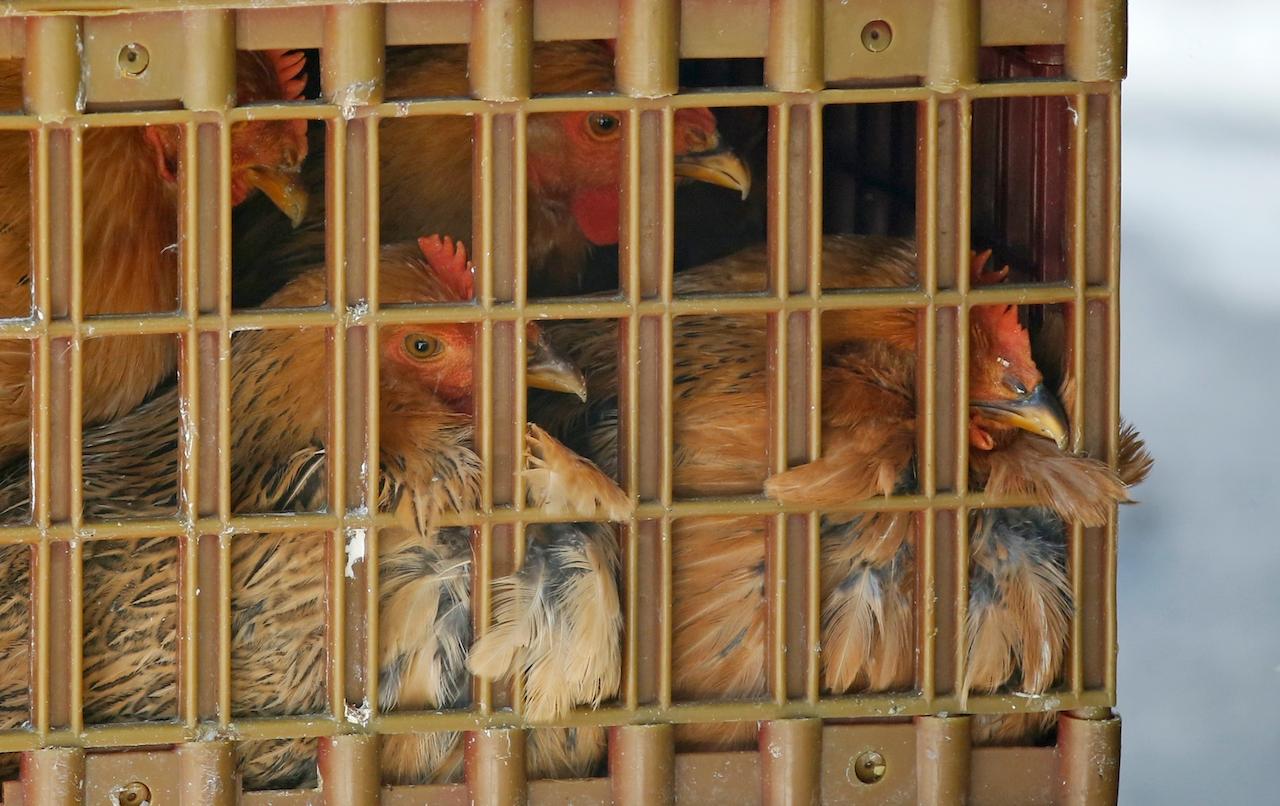China reports world’s first human case of rare bird flu strain
No other cases of human infection with this strain have so far been reported globally.
Just In
A 41-year-old man in China’s eastern province of Jiangsu has been confirmed as the first human case of infection with the H10N3 strain of bird flu, China’s National Health Commission (NHC) said on Tuesday.
The man, a resident of the city of Zhenjiang, was hospitalised on April 28 after developing a fever and other symptoms, the NHC said in a statement.
He was diagnosed as having the H10N3 avian influenza virus on May 28, it said, but did not give details on how the man had been infected with the virus. Medical observation of his close contacts had not found any other cases.
It added that the man was now stable and ready to be discharged from hospital.
H10N3 is a low pathogenic, or relatively less severe, strain of the virus in poultry and the risk of it spreading on a large scale was very low, the NHC added.
Many different strains of avian influenza are present in China and some sporadically infect people, usually those working with poultry.
There have been no significant numbers of human infections with bird flu since the H7N9 strain killed around 300 people in China during 2016-2017.
No other cases of human infection with H10N3 have previously been reported globally, the NHC said.
Bird flu is similar to swine flu, dog flu, horse flu and human flu as an illness caused by strains of influenza viruses that have adapted to a specific host.
Avian influenza, known informally as avian flu or bird flu, is a variety caused by viruses adapted to birds.
The type with the greatest risk is highly pathogenic avian influenza, a serious disease which requires a rapid response because it is highly contagious and often fatal to chickens.
The A virus causes influenza in birds and some mammals, and outbreaks occur in poultry from time to time.
Outbreaks of some avian influenza A viruses in poultry have been associated with illness and death in people in Asia, Africa, and Europe.
Subscribe to our newsletter
To be updated with all the latest news and analyses daily.
